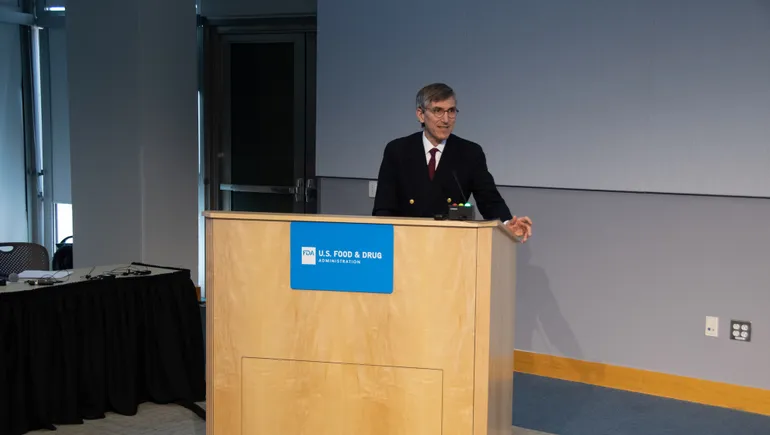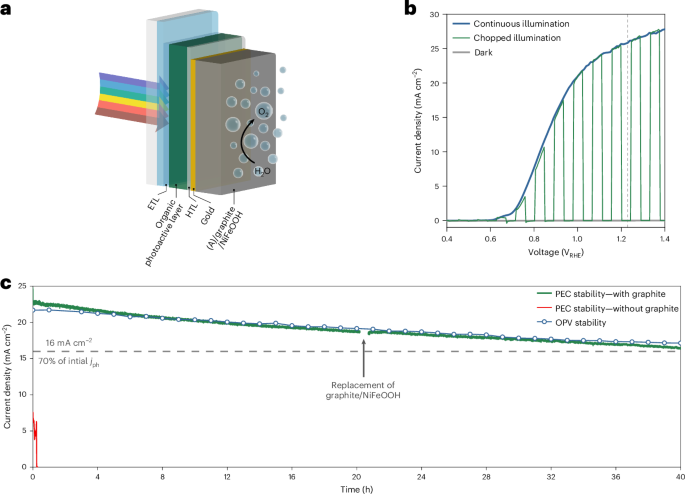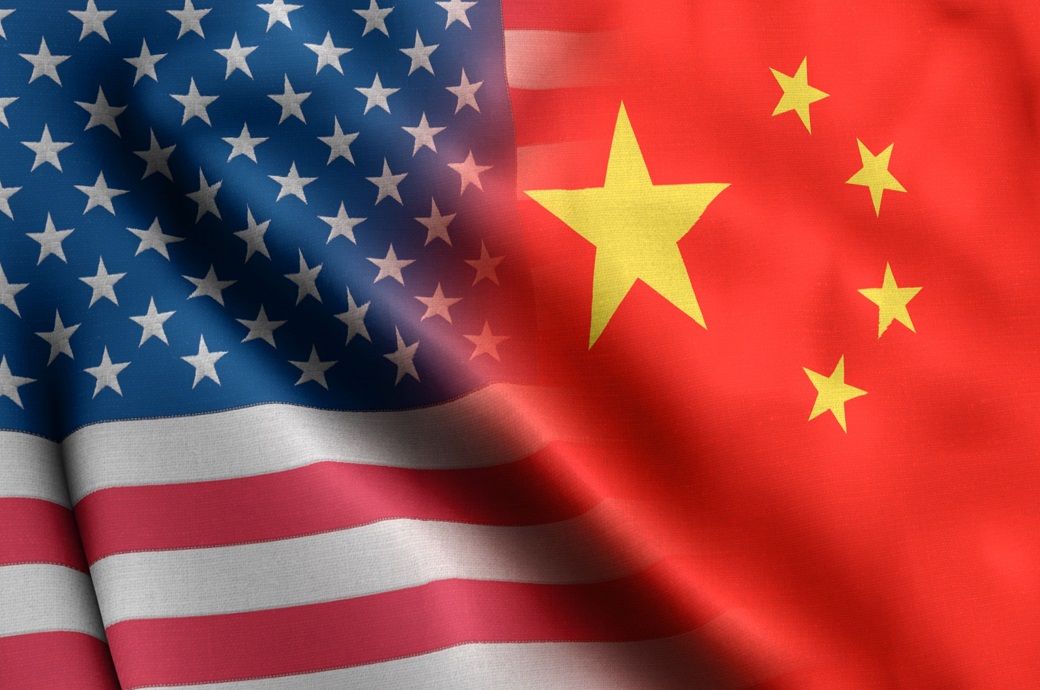Trump aims to outlaw most government unions on ‘national security’ grounds
White House says little-used provision allows the president to exempt most federal jobs from union protections.

A "fact sheet" says the order applies a rarely used provision of the 1978 Civil Service Reform Act that allows the president to exclude agencies and their offices from collective bargaining rules that “cannot be applied to that agency or subdivision in a manner consistent with national security requirements.”
Trump first considered using this authority in early 2020, granting then-Defense Secretary Mark Esper the ability to exclude the Pentagon from federal labor law. Following bipartisan pushback in Congress, Esper elected not to use the authority.
According to the White House, Trump’s new edict “ends collective bargaining” with unions at the Defense, State, Veterans Affairs, Justice, and Energy departments, as well as portions of the Homeland Security, Treasury, Health and Human Services, Interior, and Agriculture departments.
The International Trade Administration, Environmental Protection Agency, U.S. Agency for International Development, the Nuclear Regulatory Commission, National Science Foundation, International Trade Commission, the Federal Communications Commission and General Services Administration also are no longer subject to federal labor law, nor are chief information officers’ offices across government.
All told, the agencies covered by Trump’s order employ 67% of federal workers, and three-quarters of feds represented by unions.
The leader of the largest federal employee union vowed to take "legal action" to block the order's implementation. In a statement, Everett Kelley, national president of the American Federation of Government Employees, said Trump was retaliating against unions working to protect employees' rights amid his administration's mass firings.
"President Trump's latest executive order is a disgraceful and retaliatory attack on the rights of hundreds of thousands of patriotic American civil servants—nearly one-third of whom are veterans—simply because they are members of a union that stands up to his harmful policies," Kelley said. "This administration’s bullying tactics represent a clear threat not just to federal employees and their unions, but to every American who values democracy and the freedoms of speech and association. Trump’s threat to unions and working people across America is clear: fall in line or else."
Guidance issued by acting Office of Personnel Management Director Charles Ezell told agencies cited in the edict that they are “no longer subject to the collective bargaining requirements” under Title 5 of the U.S. Code, though they should consult with their general counsel regarding implementation. Agencies have been instructed to cease "participating" in any ongoing grievance proceedings before independent arbitrators.
Don Kettl, dean emeritus and a former professor at the University of Maryland School of Public Policy, said the Civil Service Reform Act’s national-security exemption does not stretch far enough to cover the agencies cited by the Trump administration.
“The president has power to change the conditions under which union representation occurs and to negotiate new contracts when existing ones expire,” Kettl said. “But the president cannot simply wipe away existing agreements.”
And while the White House’s fact sheet cites the national-security exemption in the 1978 law, it repeatedly criticizes the law and accuses unions of “declaring war” on the president’s agenda, citing unions’ grievances and lawsuits seeking to block the White House’s efforts to purge and politicize the federal workforce.
“The exemption here seems to suggest that the national-security responsibilities of the president supersede any existing union agreements and that, therefore, the president can push those existing agreements aside,” Kettl said. “Moreover, the fact sheet asserts that the Civil Service Reform Act allows unions to obstruct agency management. This is a double-barreled shotgun, aimed both at the CSRA in general and at the unions in particular.” ]]>

































































































![The sights of Avalon Air Show 2025: Day Three [PHOTOS]](https://breakingdefense.com/wp-content/uploads/sites/3/2025/03/f-35-avalon-final-day-scaled-e1743079275404.jpg?#)




















































































